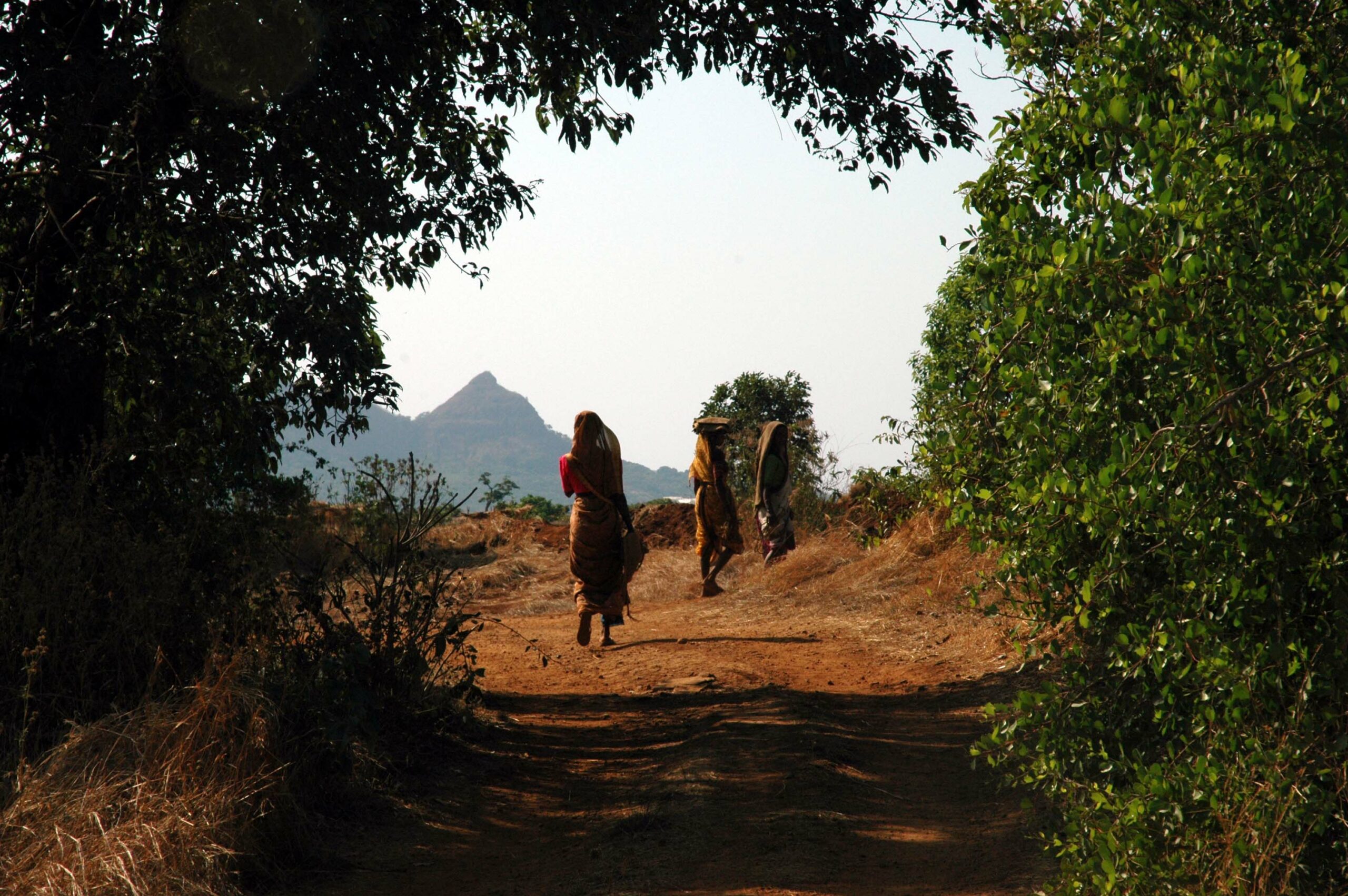
Community Development
Empowering local communities is the cornerstone of sustainable change. Our community development programs grow out of baseline surveys and interviews conducted in the villages of Shillim – Kadav, Vageshwar, Bodshil, and Shindewadi. Our goal is to develop employment avenues, facilitate educational access, and implement effective health initiatives that directly benefit the community.
Forest Guard Training
Led by our partner, Oikos for ecological services, we conduct training sessions to teach essential knowledge and skills for prompt and effective responses to snake bite incidents. This kind of training not only bolsters public health measures but also strengthens community safety, while supporting conservation efforts for these vital reptiles.


Rural Craft
The Rural Craft program aims to preserve traditional crafts and engage the local community culturally. The initiative promotes cultural conservation and provides economic opportunities by promoting artisanal skills.
We conduct crochet workshops for the women of the neighbouring communities, providing hands-on guidance, personalized feedback, and a platform to explore diverse techniques and projects. The workshops foster a sense of camaraderie and connection within the crafting community, enriching both individuals and the collective.
Health camps
The Shillim Institute regularly conducts comprehensive health and safety awareness camps that embody our commitment to holistic community health. This cooperative program targets the most prevalent regional health concerns: hypertension, high cholesterol, diabetes, and malnutrition. It also focuses on pressing local issues like snake bites and injuries.
The current enrollment in the program includes participants from Bodshilwadi and Shindewadi in Shillim village.


Employment Opportunities
Collaborating with local communities, the Institute champions a range of alternative livelihood initiatives, placing an emphasis on training and building diverse capacities. Our dedicated staff, drawn from these communities, have various roles: as forest guards, caretakers of our organic farms, stewards of the property, and sources of local knowledge and wisdom for our guests. The Institute designs the training programs, with a focus on empowering women by imparting skills that increase their earning potential.
Sustainable (Regenerative) Agriculture
This program promotes sustainable farming practices: water reservoirs, a crop nursery, field margins, low emission farmland management, and integrated nutrient pest management techniques. Training sessions for farmers in Shillim focus on regenerative techniques to improve soil health, water sustainability, farm biodiversity, and climate resilience. The goal is to achieve an enduring increase in agricultural yield while reducing the environmental impact of farming practices.


Bee Keeping (Pilot)
This initiative introduces beekeeping and sustainable honey harvesting practices, particularly among indigenous Katkari households. It provides training and resources for establishing bee colonies, aiming to enhance biodiversity and generate additional income through harvesting honey and other bee products. The program empowers participants economically while contributing to biodiversity conservation.
Agroforestry (Pilot)
This program integrates fruit trees and fodder plants into existing farmlands to promote biodiversity and climate resilience, with the goal of creating a sustainable farming model that supports both crop and tree growth, contributing to carbon sequestration and providing diversified income sources for farmers.


Kitchen Garden
The Kitchen Garden Initiative begins as a student-led school project to educate young learners about the principles of sustainable agriculture and nutrition. We aim to cultivate a hands-on understanding of food production by involving students in growing vegetables and herbs in school gardens. The impact of the program extends beyond the classroom as students are encouraged to introduce the practices they learn at home, inspiring their parents and the wider community to adopt kitchen gardens. This grassroots approach not only enhances food security but also encourages intergenerational learning and community involvement in sustainable practices.
Sustainable Infrastructure
This initiative includes installation of solar streetlights and household solar lamps to improve community safety and reduce energy costs. The program also creates roof rainwater harvesting systems in schools to promote water conservation and to enhance community living standards.


Research Studies
Research on marketable village products explores the economic potential of local goods. By identifying market demands and potential products, the program creates new market opportunities for village artisans and farmers.
